Visually, a little extra chub on our pooch may be cute, but that five or ten pounds could also be dangerous, particularly on a smaller breed dog. Check out the suggestions below:
Correct Diet
Overweight animals consume more calories than they require. Work with your veterinarian to determine your pet’s caloric requirements, select a suitable food and calculate how much to feed.The diet should contain a normal level of a moderately fermentable fiber and the type of fat that prevents the skin and coat from deteriorating during weight loss.
Diets that dilute calories with high fiber lead to increased stool volumes, frequent urges to defecate and variable decreases in nutrient digestibility.
Exercise
Increasing physical activity can be a valuable contributor to both weight loss and maintenance. Regular exercise burns more calories, reduces appetite, changes body composition and will increase your pet’s resting metabolic rate.Owner Behavior Modification
A successful weight management program requires permanent changes in the behaviors that have allowed the pet to become overweight. Perhaps you are giving your pet too many treats, for example, or not giving him enough opportunities to exercise.
For more advice and tips, including advice on meals and treats, go on over to ASPCA. We know weight loss is a sensitive issue for humans, let alone those of us with chubby pooches, and we always suggest you check with your veterinarian regarding exercise or diet regimens … for you and your pup!
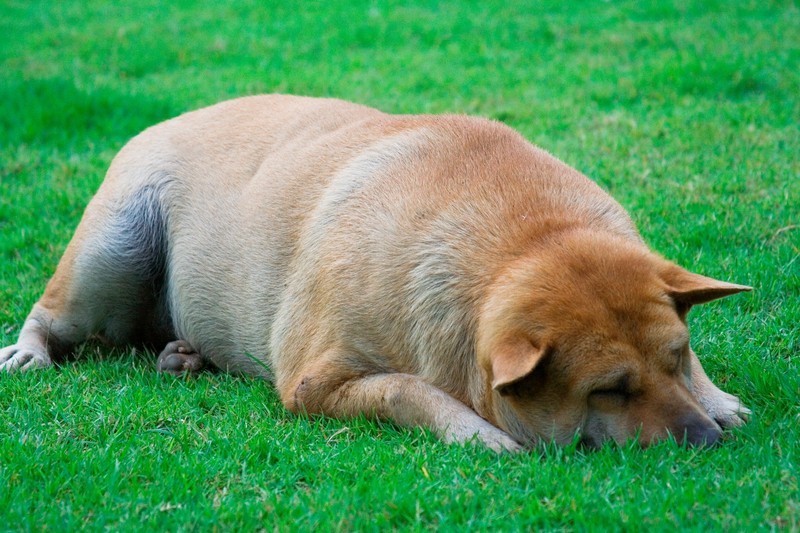
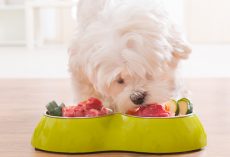
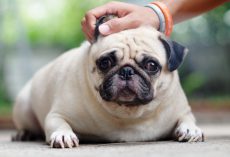
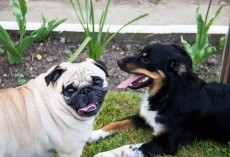

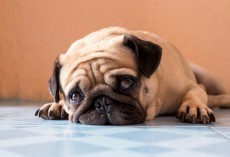
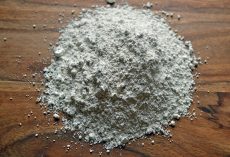
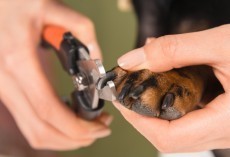
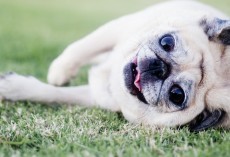
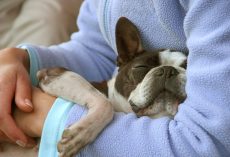
George Finley
- Edit
Richona Hill